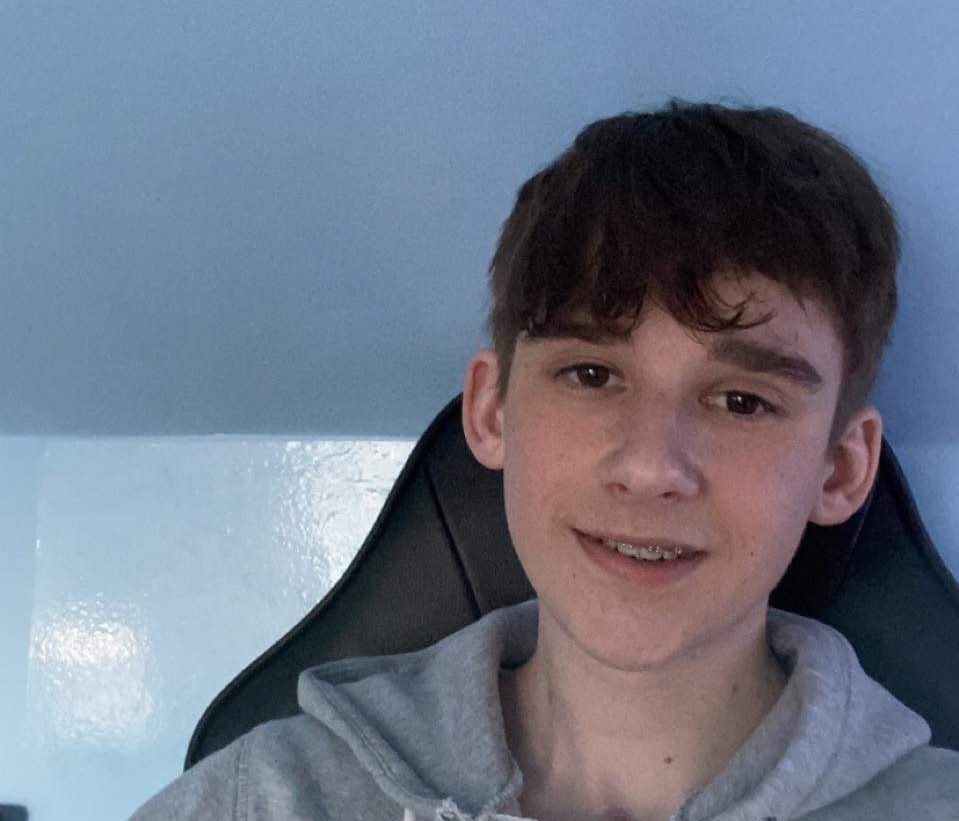Harry Fisher
Harry was just 17 when he was in a near-fatal motorbike collision.
Administering blood alongside medical interventions early on, just minutes after the crash, gave Harry the best possible chance of surviving.
On Thursday 19 November Harry Fisher was travelling along the A140 on his motorbike on his way to Norwich City College, where he was learning to be an electrician, when he was involved in a near-fatal collision with a van. The accident happened in Newton Flotman at around 8:50am in the morning.
Harry was overtaking as the van turned into a layby, meaning Harry collided with the side of the van at speed. Harry travelled seven metres from the site of the crash and his bike ended up in a hedge. His injuries were critical, so a team from the East Anglian Air Ambulance was called to his side. The team reached the scene thirteen minutes after being tasked from Norwich Airport, where EAAA is based, following a six-minute flight.


I've been working in pre-hospital medicine for a number of years, but this was one of the worst cases I have ever seen.

— Dr Jeremy Mauger, EAAA
The doctor and critical care paramedic team that arrived weren’t sure if Harry would make it to hospital due to the extent of his injuries, specifically the amount of blood he was losing and that both of his lungs had collapsed. Neurological signs also indicated a bleed on the brain.
Dr Jeremy Mauger said: “I honestly didn’t think Harry would make it to hospital that day, let alone recover as well as he has done. Our job was to work with the land ambulance teams already on scene to stabilise Harry as much as possible and get him to the nearest hospital as quickly and safely as we could. The medical interventions Harry needed were very advanced given his terrible injuries. I’m amazed and incredibly pleased at his progress.”
One of the treatments implemented to stabilise Harry was an immediate blood and plasma transfusion at the site of the crash. In normal circumstances someone in Harry’s condition would be flown to the major trauma centre at Addenbrooke’s, however Harry was not stable enough to travel that far.
Our clinicians have seen first-hand during life-threatening accidents and incidents that administering blood improves patient outcomes. Our aim is to now permanently carry blood to treat our most gravely injured patients and help save more lives.